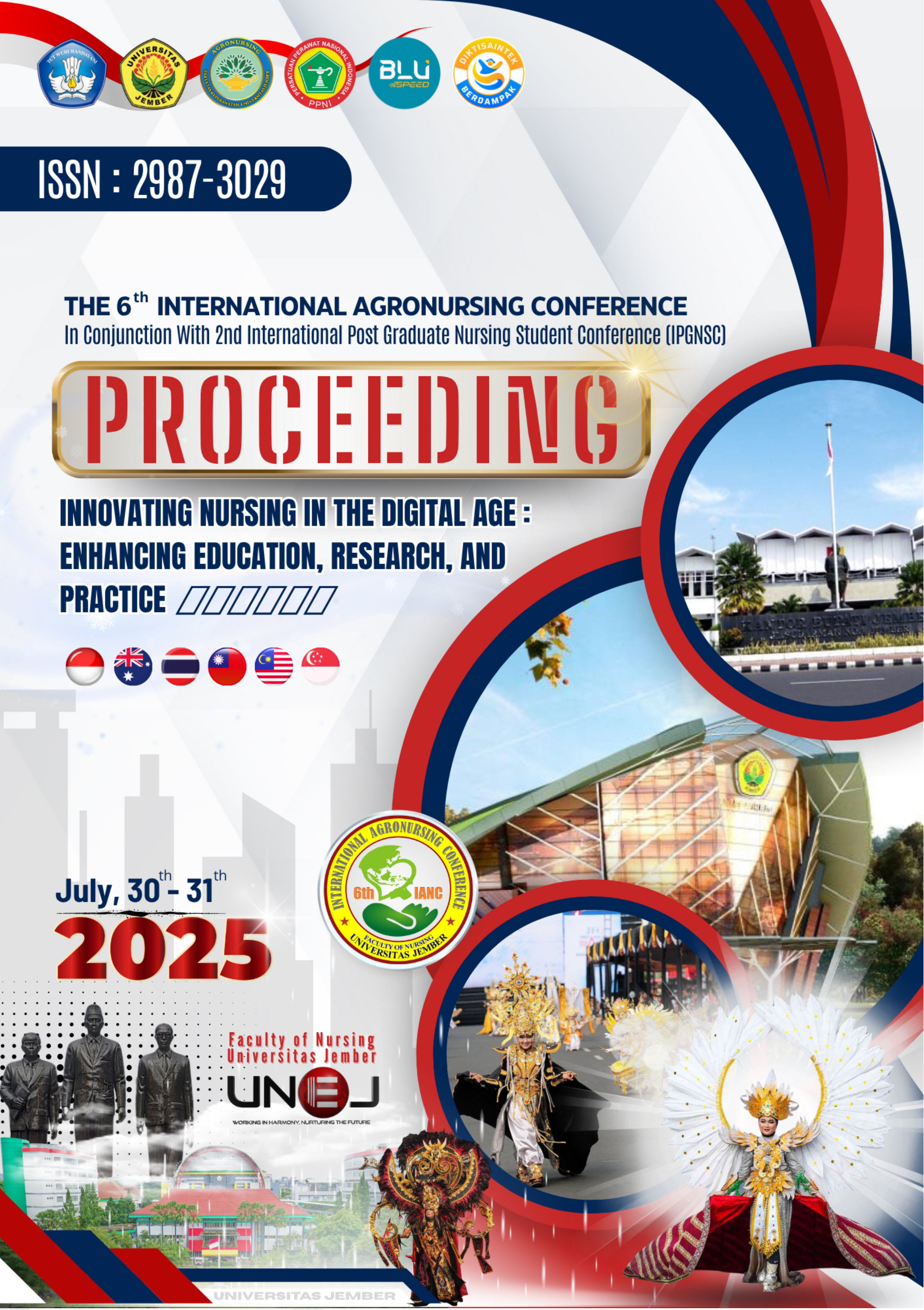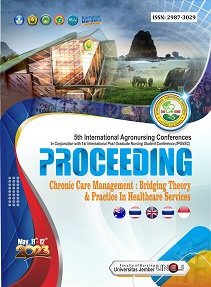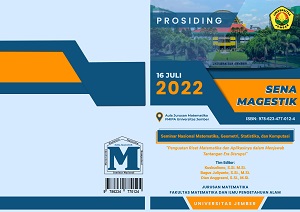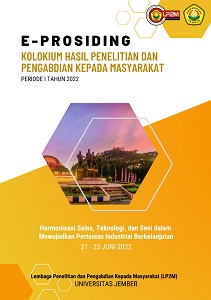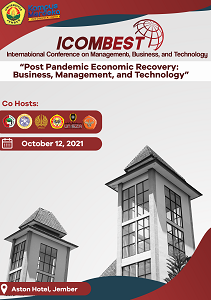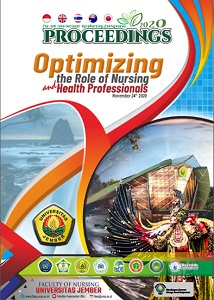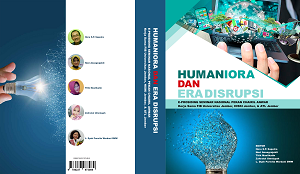VALIDITY AND RELIABILITY OF COGNITIVE AND AFFECTIVE INSTRUMENTS FOR DISASTER CADRES
Abstract
Background: Health cadres have great potential to play an important role in disaster preparedness and early response, especially in areas prone to volcanic eruptions. However, to support the effectiveness of this role, a valid and reliable instrument is needed to evaluate the level of knowledge and attitudes of cadres in dealing with disasters. This instrument is important as a basis for developing a comprehensive and needs-based disaster preparedness training program. Therefore, this study aims to assess the accuracy and consistency of the disaster preparedness knowledge and attitude instrument for health cadres. Methods: This cross-sectional study involved 75 health workers in areas prone to eruptions of Mount Merapi. The instrument was developed based on a literature review and tested for content validity, construct validity, and internal consistency reliability. Results: The results show that all items are declared valid and reliable, with KR-20 values for knowledge ranging between 0.750–0.791 and Cronbach's Alpha for attitudes ranging between 0.653–0.706. Conclusions: This instrument can be used as a reliable measurement tool to assess the preparedness of health cadres for disasters. Its use has the potential to support more targeted training planning and increase the capacity of cadres to respond effectively to disasters. Furthermore, this instrument can assist policymakers and training facilitators in mapping needs and evaluating the impact of interventions to improve preparedness on an ongoing basis.

